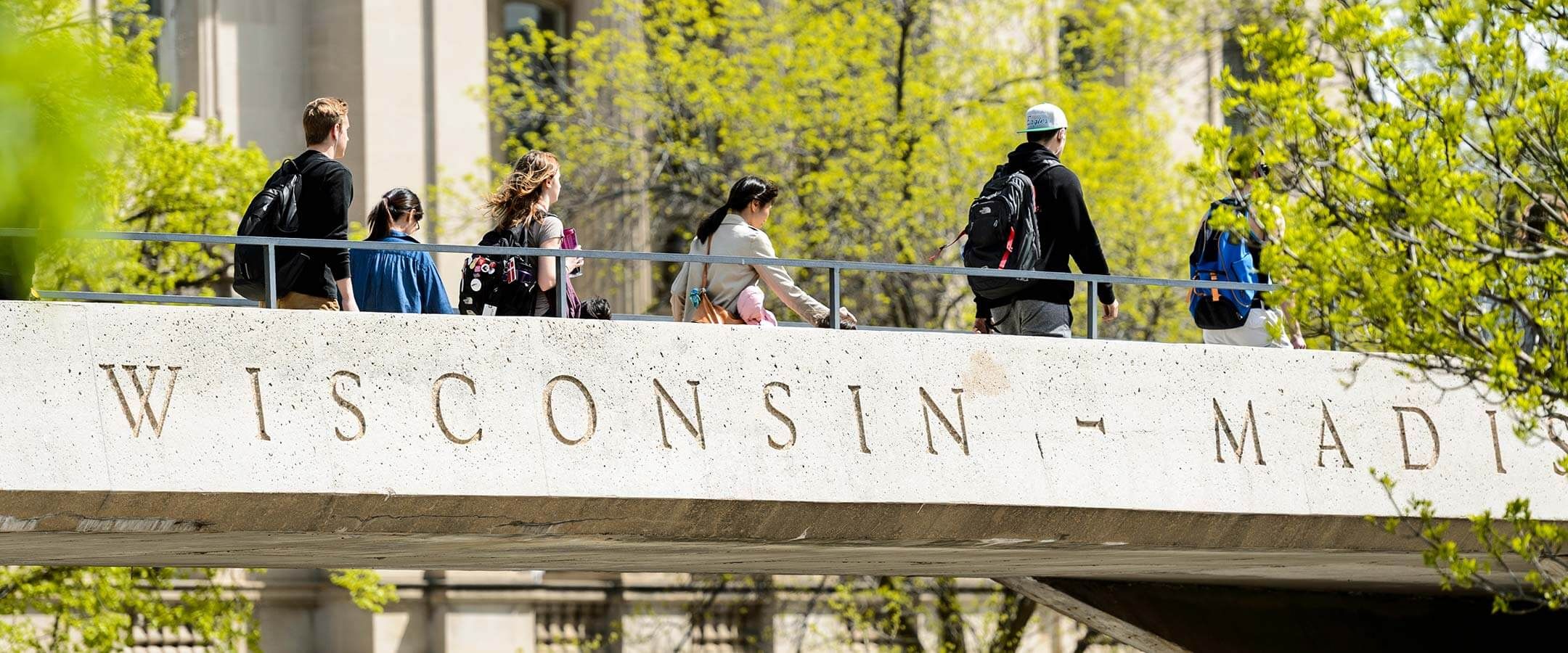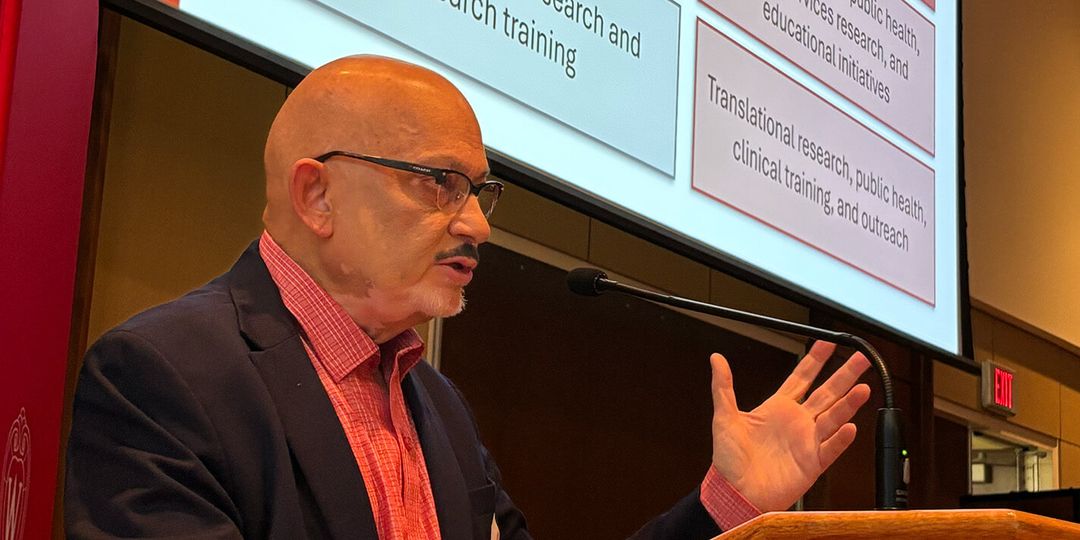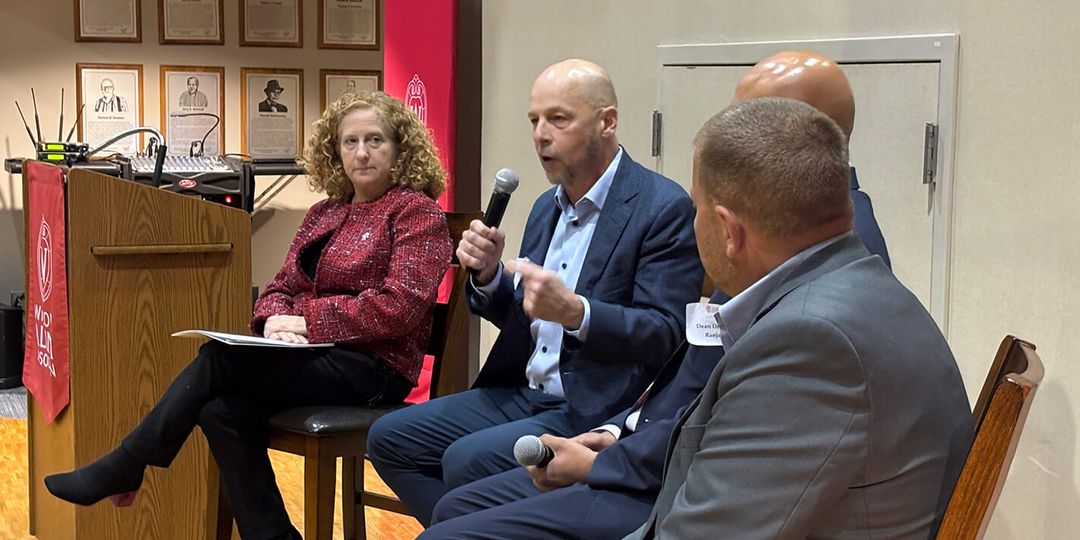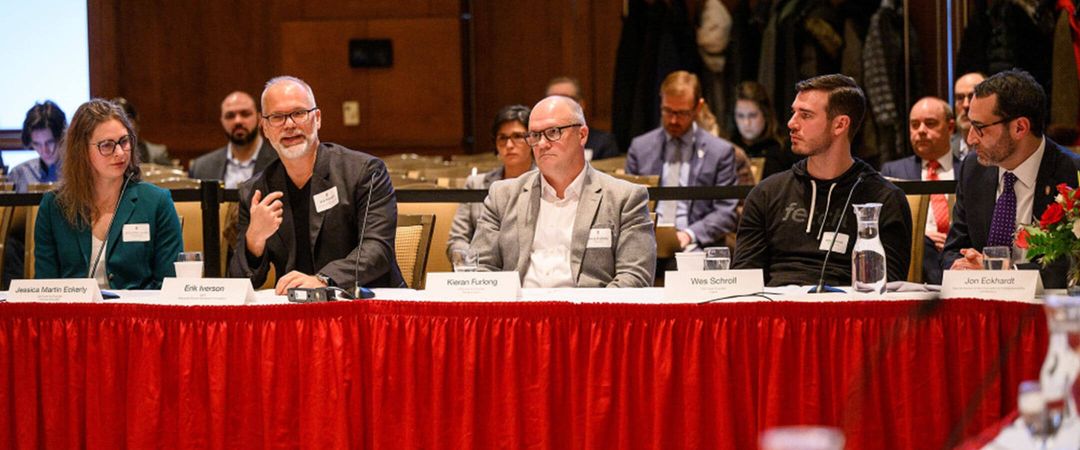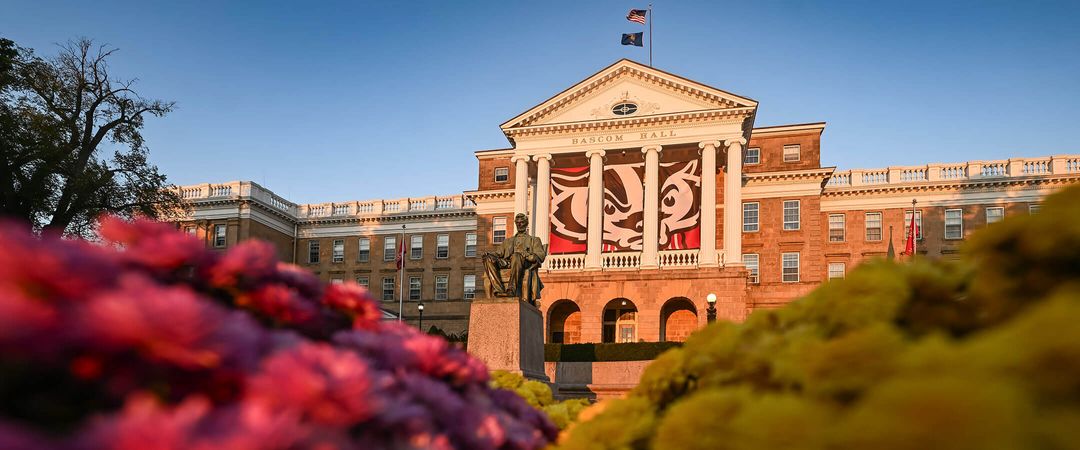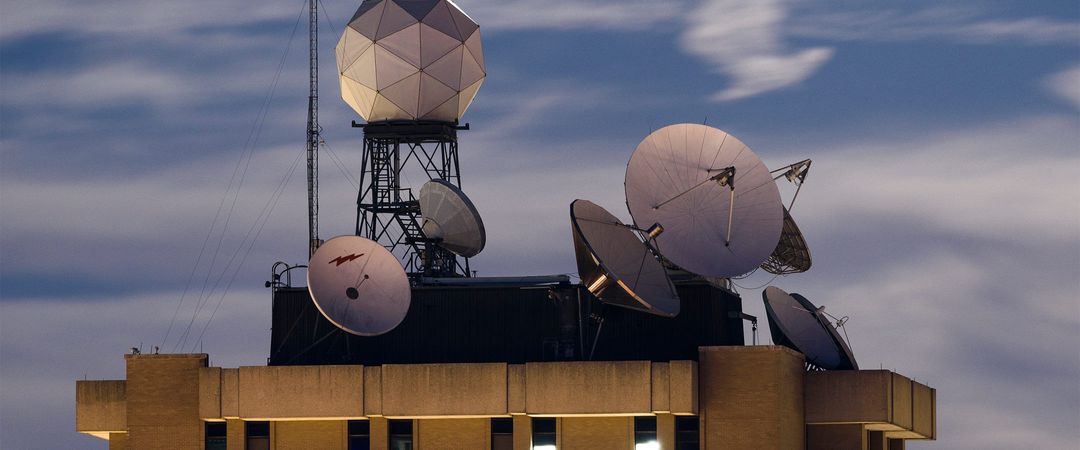At UW–Madison Day in Washington, DC, on April 9, UW alumni and friends will gather to learn effective lobbying strategies and advocate for several critical issues, including financial aid. Pell Grants are a key issue because they are the primary way the federal government helps low-income students afford college. Pell Grants have long played a vital role in helping students access higher education. In the 2022–23 academic year, more than 5,600 UW–Madison students received more than $29 million in federal Pell Grants.
Although this funding is essential, it has not kept pace with the rising cost of college. The maximum Pell award for the 2024–25 school year is $7,395. Meanwhile, in-state tuition and fees at UW–Madison are $11,606 –– leaving a significant gap between what Pell Grants cover and the full cost of attendance. To address this shortfall, UW–Madison launched Bucky’s Pell Pathway in 2023. This initiative, an expansion of Bucky’s Tuition Promise, aims to bridge that gap by covering not only tuition but also essential expenses such as housing, books, food, and other necessities for Pell Grant–eligible Wisconsin residents.
Even with these programs, the need for increased federal funding remains. Additional support for need-based aid, like Pell Grants, would allow UW–Madison to expand institutional financial aid programs, helping more students whose household incomes make them ineligible for federal assistance but who still face significant economic challenges in covering the cost of college.
Investing in financial aid programs does more than support individual students: it strengthens the state’s future. When students can attend UW–Madison without the burden of excessive debt, they are more likely to stay in the state after graduation and positively impact the economy. This retention of talent is vital to Wisconsin’s workforce, ensuring that the state continues to have a highly educated pool of talent prepared for careers in critical sectors, from health care and education to business and technology.
